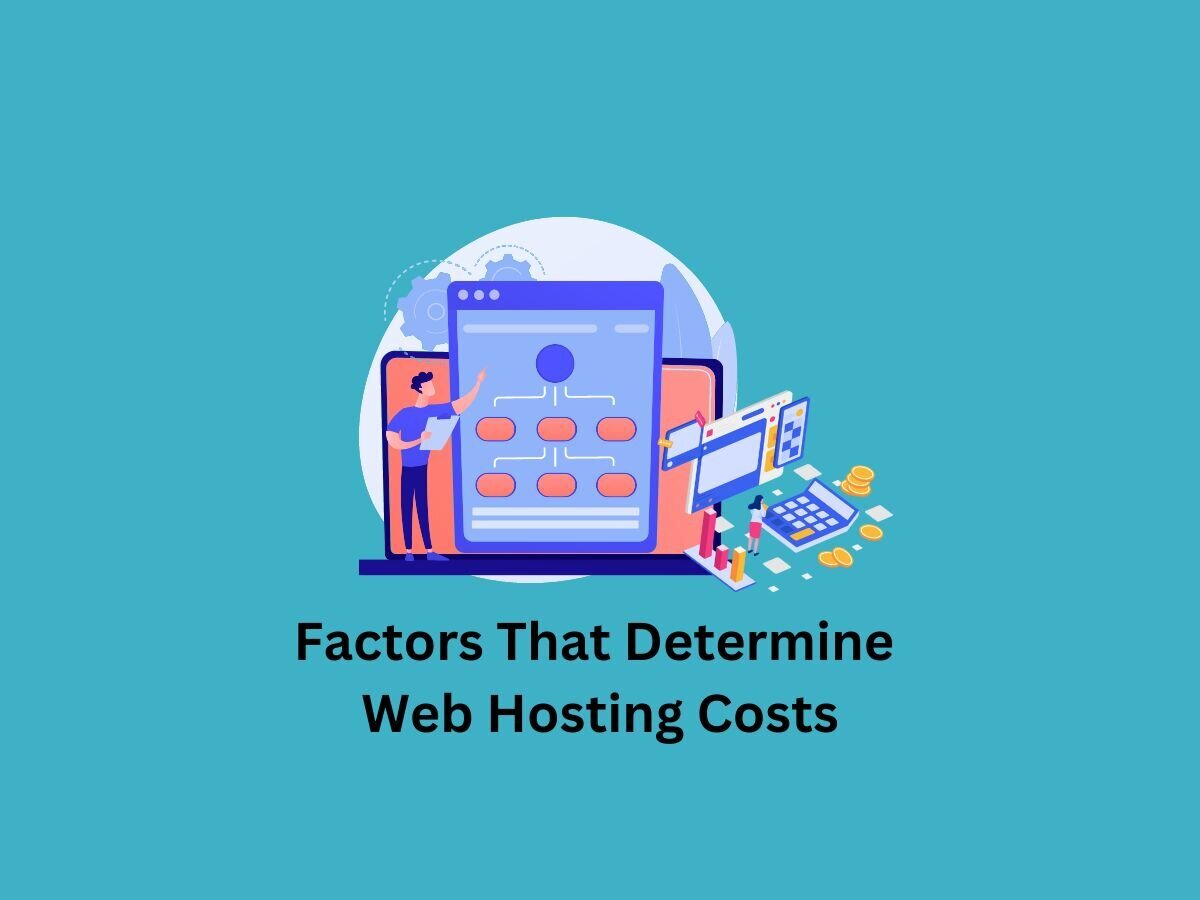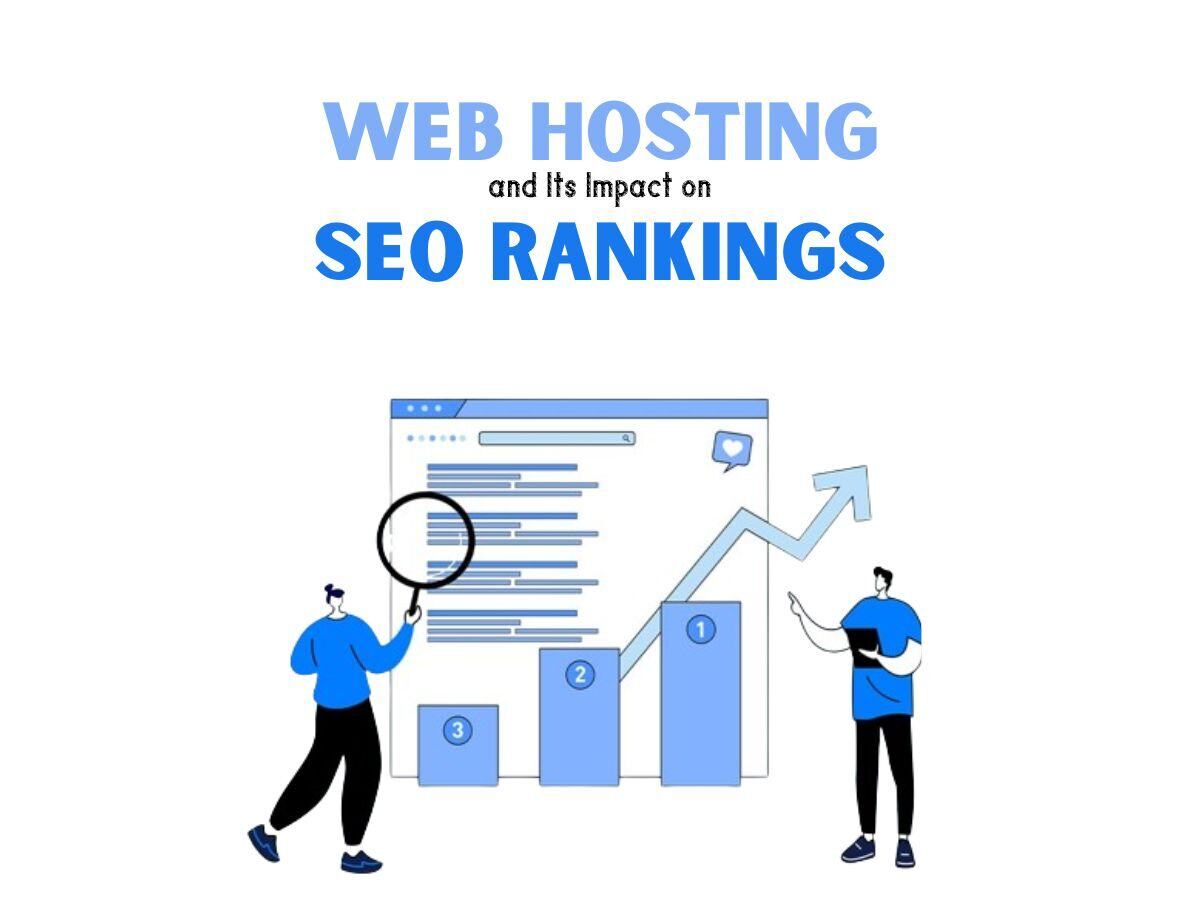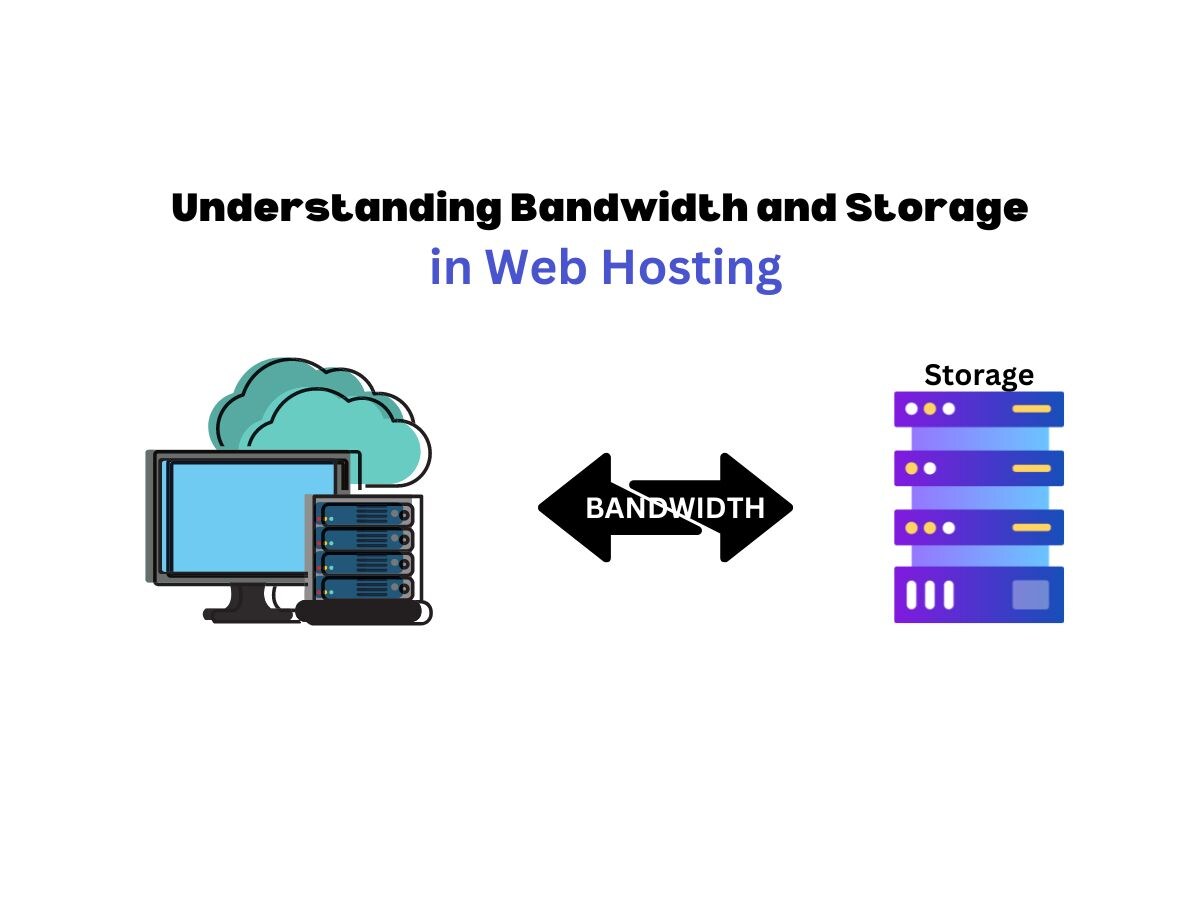
Factors That Determine Web Hosting Costs
Choosing the right web hosting service is a critical aspect of creating, maintaining, and growing a successful website. Beyond the technical specifications and features, the cost of web hosting can be a vital deciding factor for businesses and individuals alike. In this article, we delve into the factors that contribute to web hosting costs so you can make a well-informed decision when selecting a web hosting provider.
1. Type of Hosting
One of the biggest determinants of web hosting cost is the type of hosting you choose. There are several types of hosting plans available, each with its own cost structure:
a. Shared Hosting: Shared hosting is generally the most affordable type of web hosting, as your website shares server space and resources with other websites. Shared hosting is recommended for smaller, low-traffic websites and individuals on a tight budget.
b. Virtual Private Server (VPS) Hosting: VPS hosting sits somewhere between shared hosting and dedicated hosting in terms of both price and functionality. With VPS hosting, you share a server with others, but have your own dedicated resources and virtual server environment. VPS hosting is suitable for growing websites or those wanting more control over their hosting environment without incurring the cost of dedicated hosting.
c. Dedicated Server Hosting: Dedicated server hosting is the most expensive option, as you rent an entire physical server for your website. This option provides the utmost control over your hosting environment and resources, making it ideal for large, high-traffic websites and those in need of custom server configurations.
d. Cloud Hosting: Cloud hosting is a scalable and flexible option, where you pay for the resources you use. It is suitable for websites with fluctuating traffic and businesses that require scalability as they grow.
2. Resources and Features
The resources and features that come with a web hosting plan can also determine its cost. Factors like storage, bandwidth, processing power (CPU), memory (RAM), and the number of allowed domains, email accounts, and databases can all impact hosting prices. Typically, the more resources provided by a hosting plan, the higher its cost.
3. Scalability
As your website grows, so will its resource requirements. The ability to easily scale your hosting resources directly impacts the cost of web hosting. Highly scalable hosting providers may charge more for their services, but this allows you to expand your website seamlessly in the long run.
4. Technical Support
Quality customer support is an essential aspect of any web hosting service. The level of technical support a hosting company offers can affect its pricing structure. Some providers charge extra for premium support features, while others may include 24/7 support as part of their hosting package.
5. Control Panel and Ease of Use
A user-friendly control panel makes managing your web hosting services significantly easier. Providers that offer more advanced control panels or one-click installations of popular software, such as WordPress or Drupal, may charge slightly higher prices for their hosting plans.
6. Server Location
The location of your web hosting provider’s data center can determine cost in two ways. First, hosting companies based in countries with higher operating costs may charge more. Second, hosting providers with multiple data center locations may charge extra for the ability to choose your server location, which can improve website speed and reduce latency for your target audience.
7. Additional Services
Many hosting providers offer add-on services such as domain registration, SSL certificates, website backup and restoration, website builders, and Security features. These can be included in your hosting package or offered as separate services, contributing to the overall hosting costs.
Conclusion of Web Hosting Costs
Understanding the various factors that influence web hosting costs can help you make an informed choice about the hosting provider and plan that best suits your needs. By considering the type of hosting, resources and features, scalability, technical support, control panel, server location, and additional services, you can find a hosting solution that balances cost with functionality, ensuring your long-term success online.







